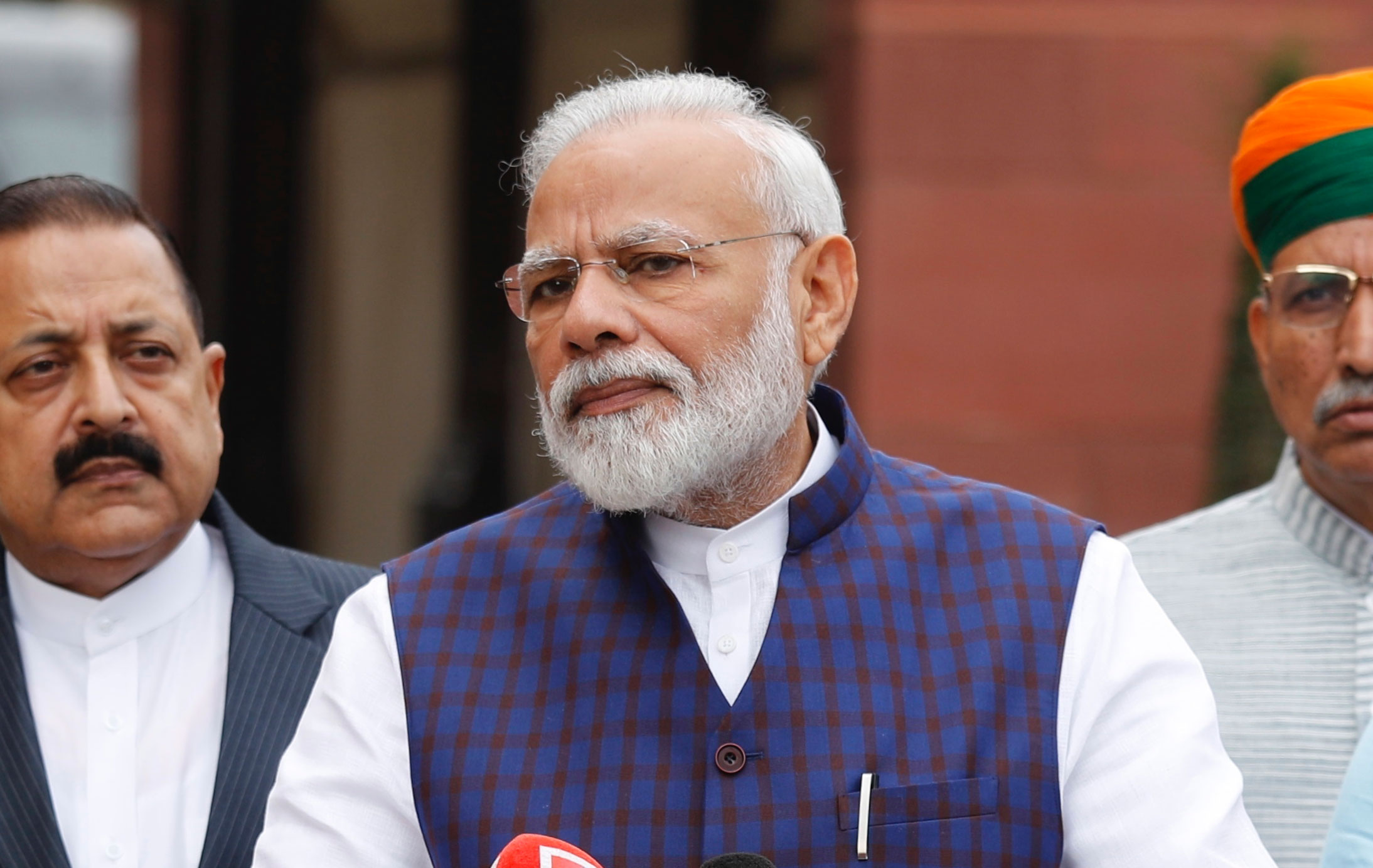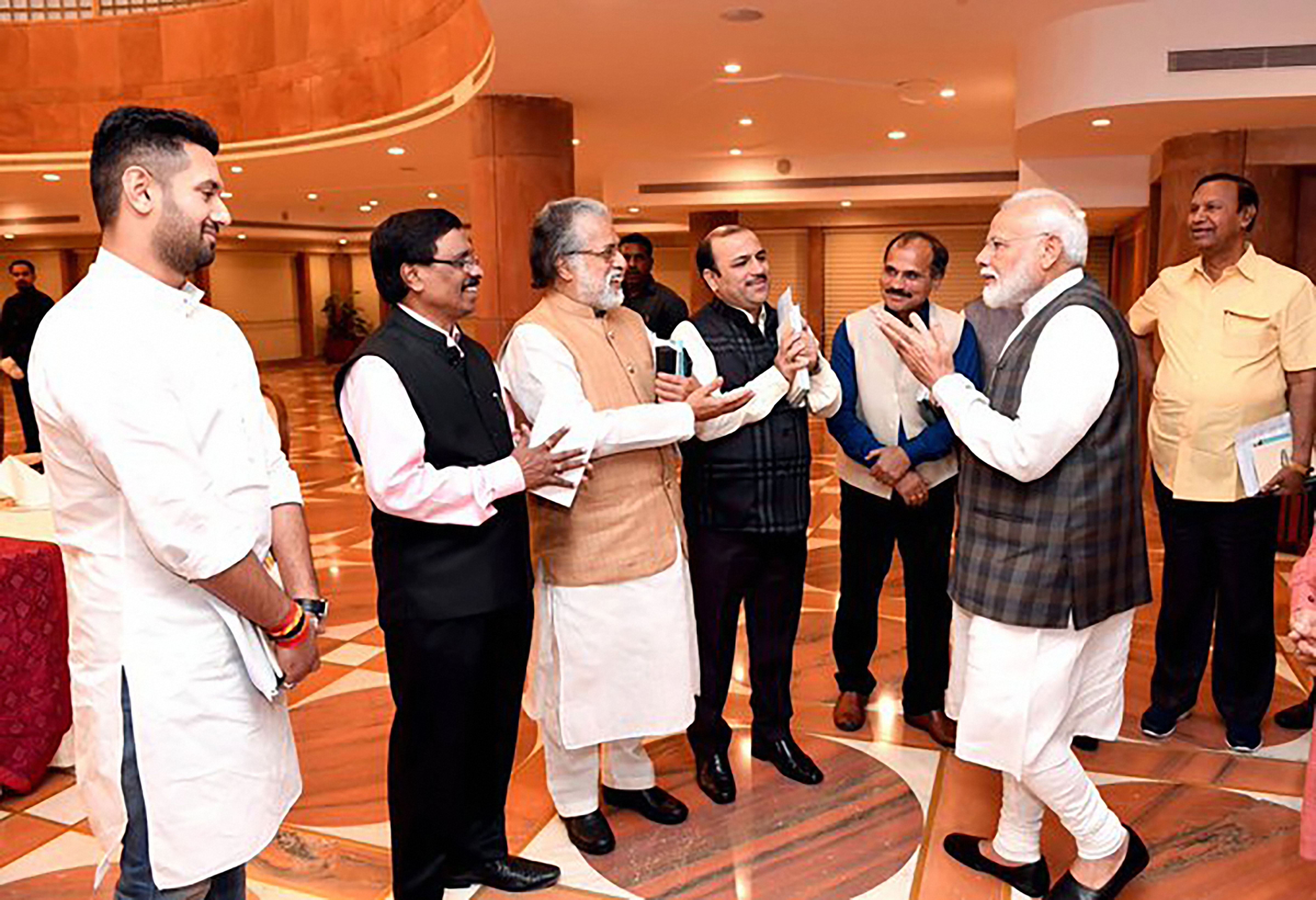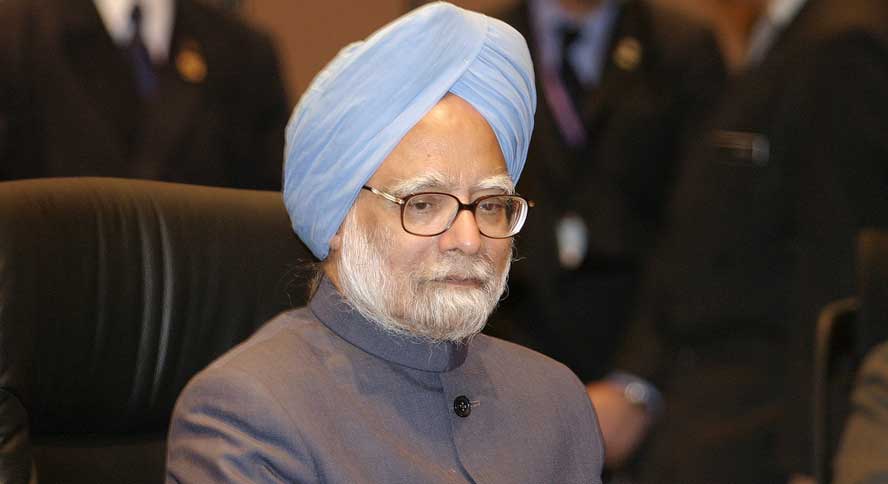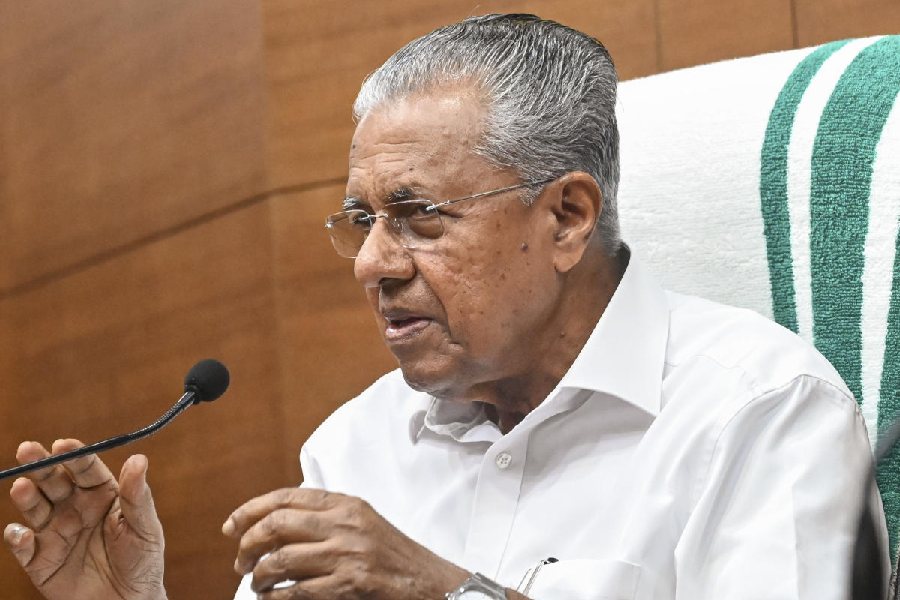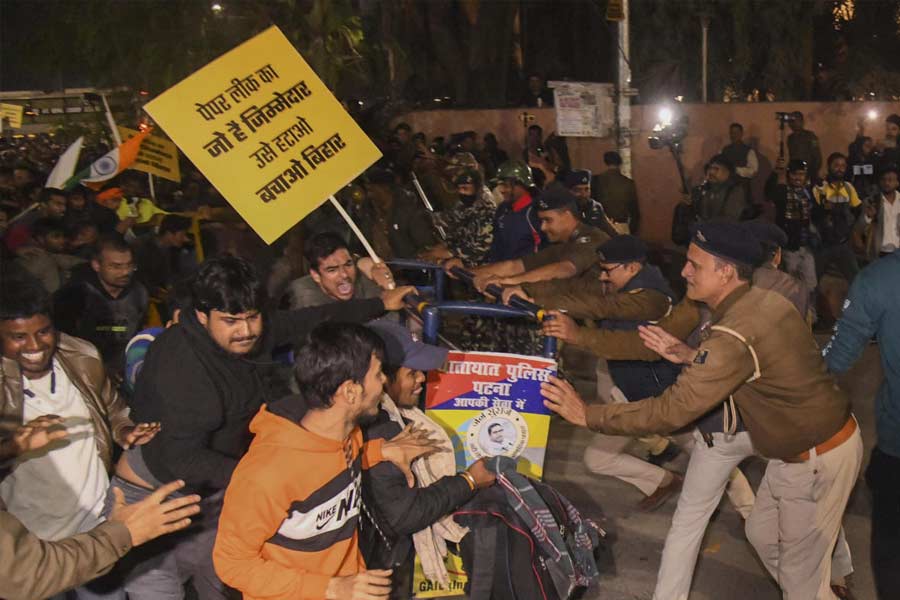The prime minister works and speaks in mysterious ways. Such an enigmatic disposition, unfortunately, can end up sending mixed signals to his audience. Speaking on the occasion of a special discussion on the role of the upper House in the Indian polity — the event coincided with the 250th session of the House — Narendra Modi stated emphatically that the Rajya Sabha functions as the soul of Indian democracy, adding that the institution upheld the cause of cooperative federalism. Thus far, Mr Modi’s comment was refreshingly similar to the vision of the founding fathers of the Constitution. But this seamless continuity was somewhat broken when the prime minister insisted that a distinction must be made between ‘checking’ and ‘choking’, or, for that matter, between ‘balancing’ and ‘blocking’. Mr Modi, presumably, was making a rather problematic point. He seemed to view scrutiny — one of the crucial tasks performed by the Rajya Sabha — as an irritant, a stumbling block that hinders a domineering executive’s will to pass bills of its own choice. Perhaps the prime minister’s sage advice had something to do with the Bharatiya Janata Party’s lack of majority in the upper House. However, Mr Modi’s party has been hard at work to resolve the problem. It has — this must come as a relief to the prime minister — also found a way around the obstacle. The provision of the money bill has been misused to bypass the Rajya Sabha, which is mandated to go through legislations with a fine-tooth comb, as it were. The former prime minister, Manmohan Singh, had made this very point when he spoke after Mr Modi.
A pliant Rajya Sabha, even though it is inimical to the health of Indian democracy, seems to be desirable for Mr Modi and his party. The prime minister, tellingly, complimented the Rajya Sabha for its role in the passage of the triple talaq bill, a legislation that the BJP believes augmented its political ratings. But could Mr Modi have been as charitable if the upper House were to oppose the legislation? The prime minister’s eagerness to conflate inspection with interference lays bare the contours of an ideology that has scant respect for the principles of accountability and constructive criticism. This, however, is not unexceptional. Trampling over dissenting opinion, after all, is turning out to be the hallmark of a strong government.

